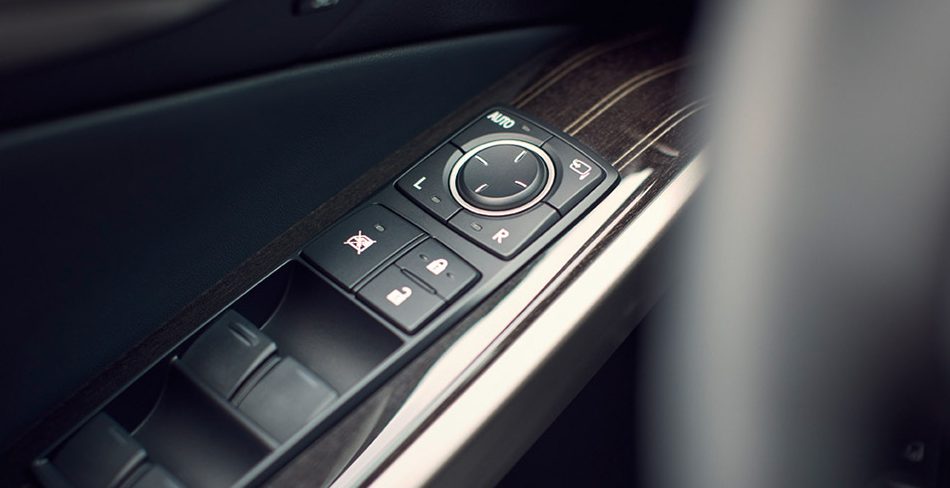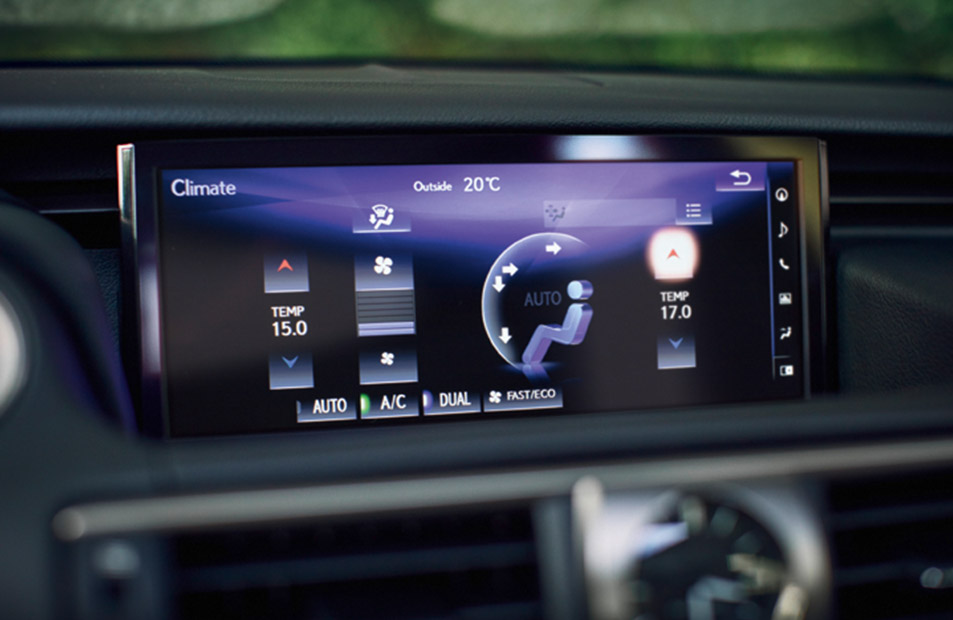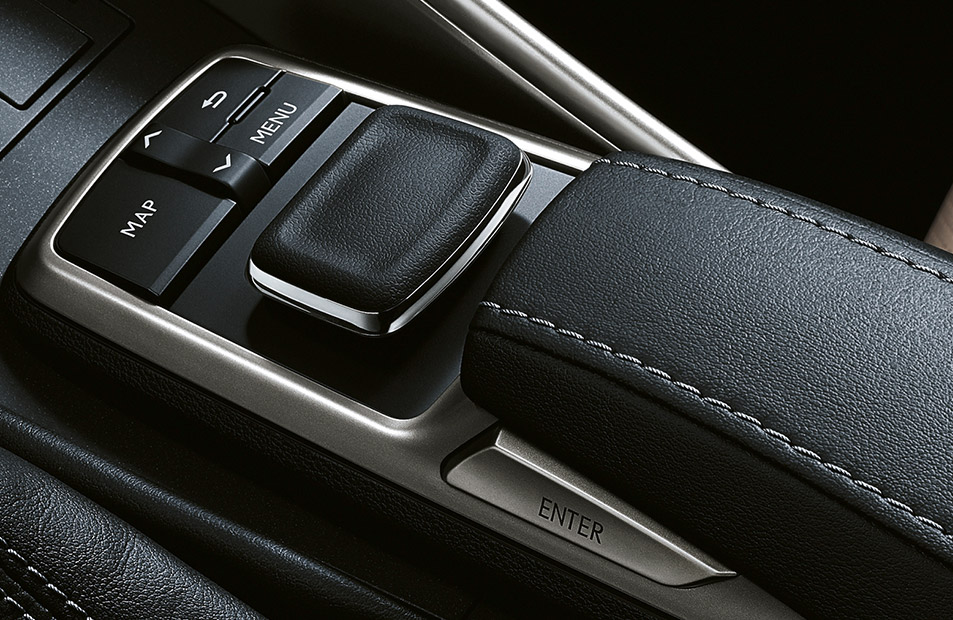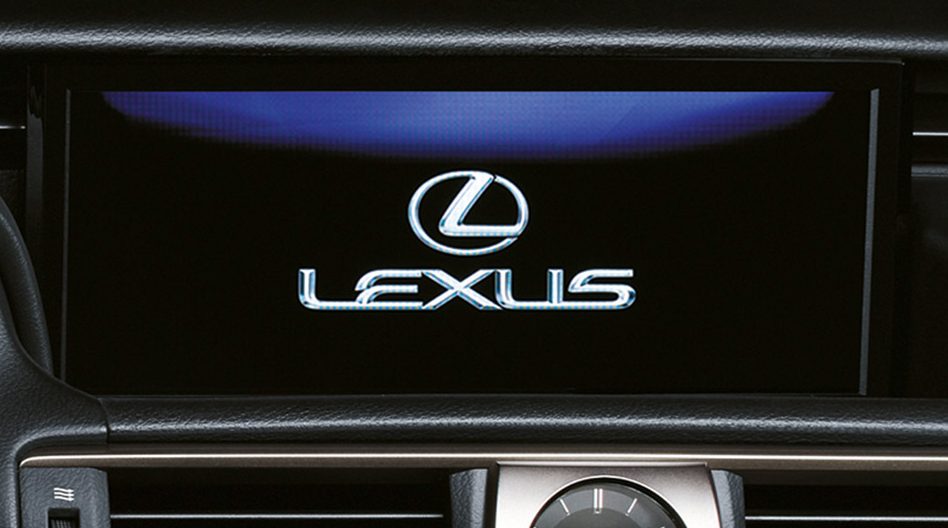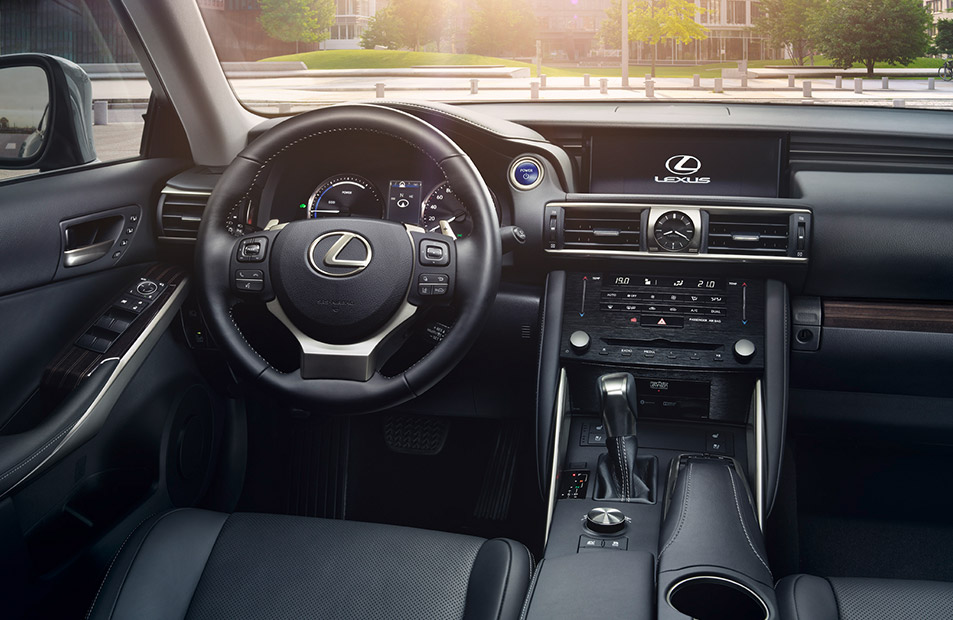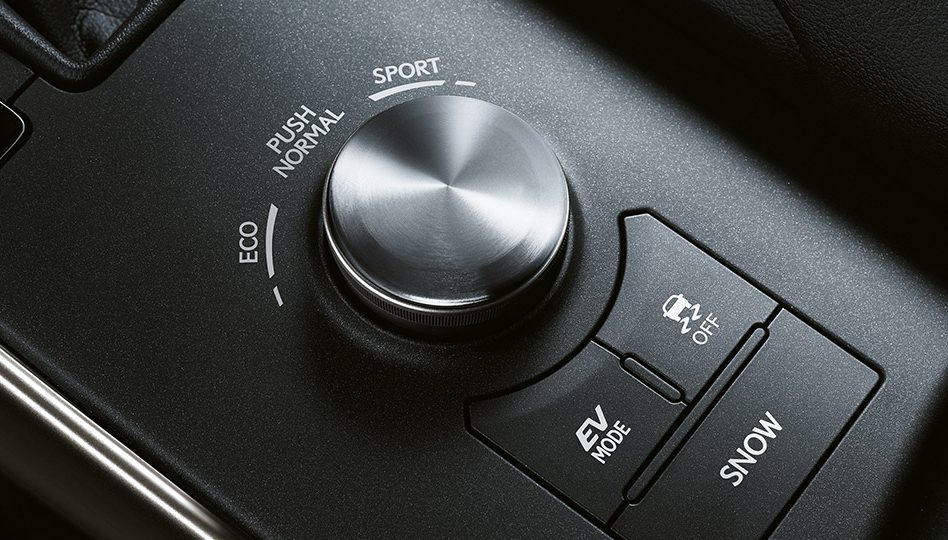Lexus IS 300h | Video Review | CarsIreland.ie
Published on 28 November, 2017
With its distinctively un-German looks and Hybrid technology, the Lexus IS300h brings something truly different to the premium executive market
Overview
Overview
The Lexus IS300h is a premium executive saloon, which puts it in the same segment as the BMW 3 series and Audi A4. In other words, a very tough one.
While it may be put into the same bracket as those rivals, the IS offers something different, not just in how it looks - which is distinctively un-German, but also because of its Hybrid powertrain.
Interior Gallery
That comfort is in no small part down to a very luxurious cabin. The seats are cosseting, electrically adjustable, and offer support in all the right places. The cabin materials are a mix of sumptuous leather and classy walnut detailing, and there are plenty of storage compartments throughout.
It feels spacious enough up front, if a little less so in the back, although the cleverly designed front seats do facilitate some extra knee room for backseat passengers. Headroom is adequete, and the middle seat , like most cars in the class, is usable in a pinch, but better left to house the pull down centre armrest and provide even more luxury to your outer two.
The boot loses about 30 litres to the hybrid system, and at 450 litres, is still decent, if not quite class-leading.
One thing we weren't huge fans of is the centre console layout. It feels a little plain and lacklustre for that of a luxury vehicle. However the range of features available via the infotainment system, are quite impressive. They would be even more so if the screen was a little bit closer to the driver, and the controls less fussy to use.
Standard features on the Eco model include LED headlights, cruise control, climate control, a seven inch media display and a leather covered steering wheel.
You can upgrade to the F-Sport for sportier styling or to the luxury model for well, more luxury. That includes things like full leather upholstery, parking sensors and lumbar support.
At the top of the range then is the premium model with 18 inch wheels, memory seats, a 10 inch media display with SatNav and a 10 speaker sound system.
Safety is well-covered with a full five star NCAP safety rating, and things like autonomous emergency braking as standard.
There’s no diesel option. Instead it’s powered by a 2.5l petrol engine, combined with an electric motor, which by saving fuel on stop start city driving claims to offer similar fuel economy to a diesel at just 4.2 l per 100km. CO2 emissions of just 97g/km means it can also match their low motor tax bills at just €180.
We’re used to seeing Hybrid as a powertrain in the smaller cars across Lexus’s sister company Toyota’s range, where sales have started to take off pretty well – particularly this year. But it's still quite rare in this mostly diesel-powered saloon market, so we were curious to see how it felt powering a car of this size.
It will be a completely different driving experience for most. The Hybrid powertrain adds quite a bit of weight for a start, so it feels quite heavy on the road. And while there is quite a bit of power there – about 220 bhp, because of that extra weight, it can be a little slow to pick up. Where it really comes into its on is when you start cruising, because that’s when you start to appreciate how refined, quiet, and comfortable it is.
Like all Hybrids it’s automatic, and while the CVT gearbox can get a little bit whiny at times, it’s still much quieter than a diesel. One benefit to that extra weight and low-down power is that it corners really well, with no real body roll around bends. So to summarise, it may not be fast and furious, but it is very comfortable and relaxing.
The Lexus IS300h has a lot going for it. The Lexus name is good for reliability and it's got a sophisticated image. It offers something a bit different not just in its head turning design, but also to those in this particular market who are looking for a real alternative to diesel.
Facts & Figures
Car Tested:
IS300h LuxuryCar Tested Price:
€46,950Starting Price
€40,950Fuel Economy
4.2l/100km0 -100 Kms
8.1sPower
223hpEmissions
97 g/kmTax
€180Seats
5Isofix
2 pointsBootspace
450lNCAP safety rating
5/5Latest Reviews
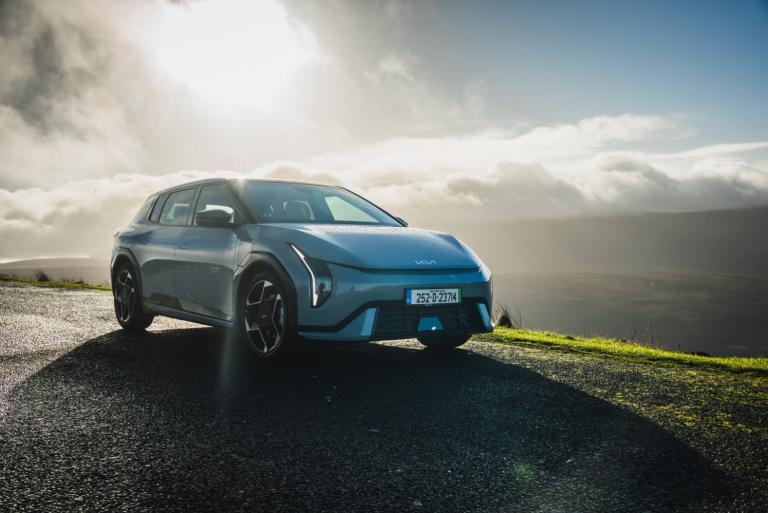
Kia EV4 Video Review

CarsIreland Dealership Awards 2025: Celebrating Excellence Across Ireland
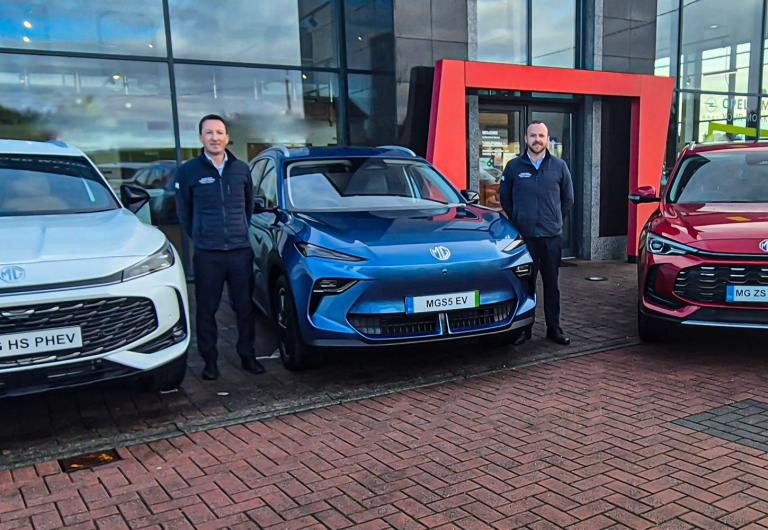
Rochford Motors Joins MG Network as New West of Ireland Dealer
